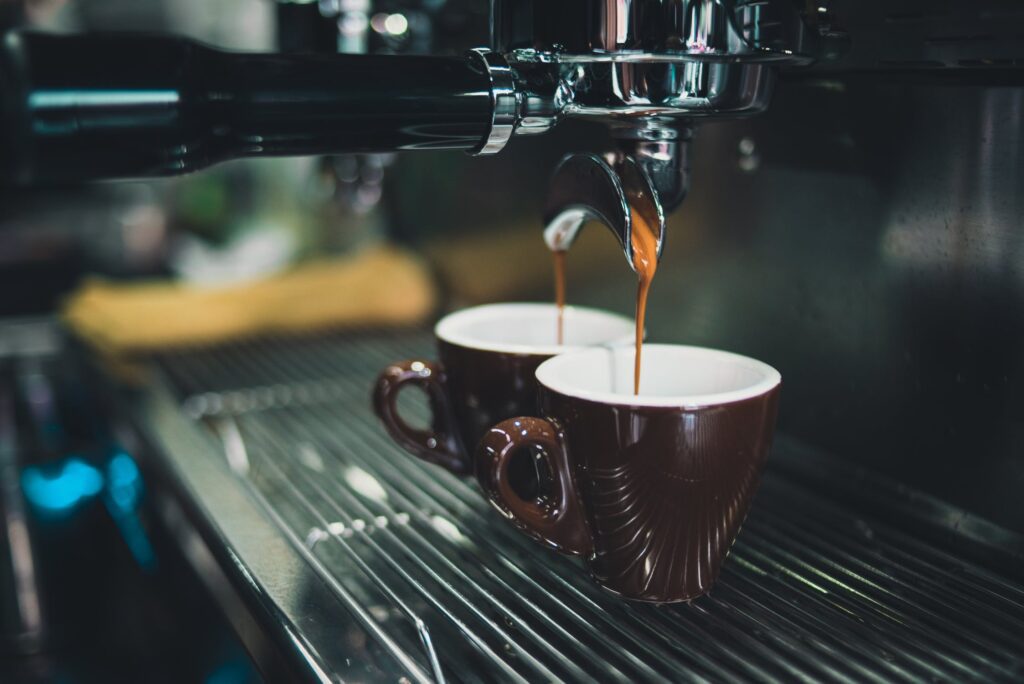Mental health is as important as physical health. Therefore, for people experiencing any mental health issues, it’s vital to know how important it is to manage mood episodes through both medication and healthy lifestyle habits—including the choice of food.
Bipolar disorder, also known as manic depression, is a mental health condition causing extreme mood swings in people. It may also include emotional highs, such as mania or hypomania, and lows similar to depression. As of writing, there isn’t a specific diet for people experiencing bipolar disorder. However, certain dietary choices should help manage the mood swings while keeping the patient healthy and well.
Here are five food items to avoid for those diagnosed with bipolar disorder.
1. Alcohol
Bipolar disorder and alcohol addiction is a common combination. Some studies suggest people experiencing bipolar disorder are likely to develop an alcohol user disorder at least once in their lives.
At least 43 percent of individuals diagnosed with the condition have an alcohol use disorder. In effect, alcohol can contribute to bipolar mood swings while negatively interacting with the patient’s medications. People with bipolar disorder could also die early due to alcohol abuse.
2. Caffeine
Sleep is vital for people with bipolar disorder. Avoiding a cup or two in a day can help you sleep better at night. However, for those feeling depressed, extra caffeine can help boost their mood for a short amount of time. The only problem with caffeine is that it inhibits the possibility of good sleep. It also causes nervousness, heart palpitations, and headaches. At worst, too much caffeine leads to high blood pressure and acid reflux.
For best results, allow people with bipolar disorder to have a cup of coffee early in the day to boost their mood. However, a cup should be enough, and they shouldn’t be drinking as bedtime comes near.
3. Sugar
Although sugar is a vital substance in boosting a person’s serotonin levels, indulging in it as a form of self-medication is not an excuse. Eating a high-sugar diet causes patients to become overweight and fat.
As a result, various bipolar disorder drug treatments become ineffective. Meanwhile, the journal Acta Psychiatrica Scandinavica suggests satisfying sweet tooth cravings by taking a piece of fruit instead.
4. Fat
Opting for lean protein is a better choice for people with bipolar disorder. High-fat meals may delay the time for some bipolar medications to be absorbed and processed by the body.
Other than that, it slows the time a person takes to calm down, leading to more issues along the way. It’s best to consult a doctor for specific dietary changes while taking medications for bipolar disorder.
5. Salt
Lithium is a known mood stabilizer people with mental health disorders use. Aside from avoiding alcoholic drinks and taking illegal drugs, people using lithium for their medication should also reduce their sodium intake as it increases the risk for lithium toxicity.
Lithium toxicity or overdose is the occurrence of taking too much lithium. It may also result from excessive sodium intake, as salt can affect the drug’s concentrations in the body.
Conclusion
Aside from maintaining a balanced diet, people with bipolar disorder should also avoid specific food types that may trigger their condition. Food is an essential part of living, but knowing which items to avoid may extend a person’s life. Also, consider the medications your doctors prescribed to you and ask them if any dietary restrictions come with the drugs.
Amodeus Healthcare is an integrated health care center serving the Massachusetts and New Hampshire area that offers mental health care solutions. We tackle bipolar disorder treatment and addiction and recovery services. Book an appointment today, and let us help you out.
